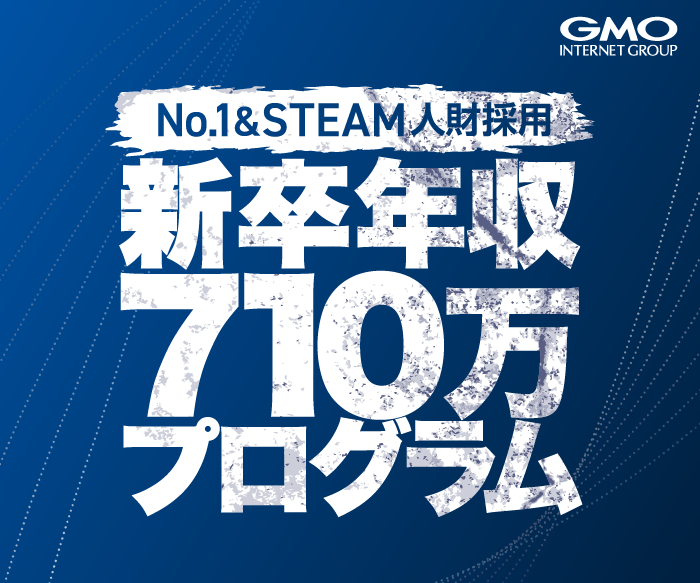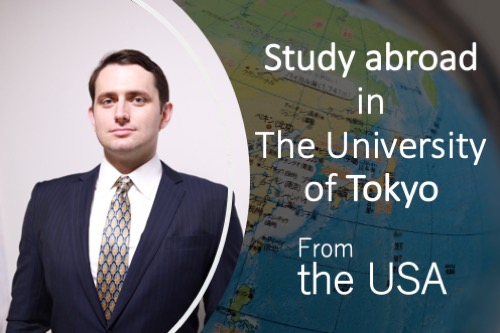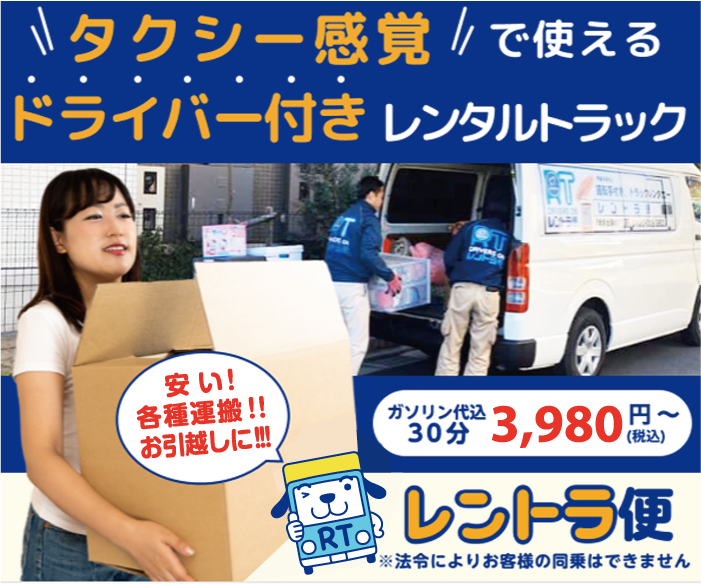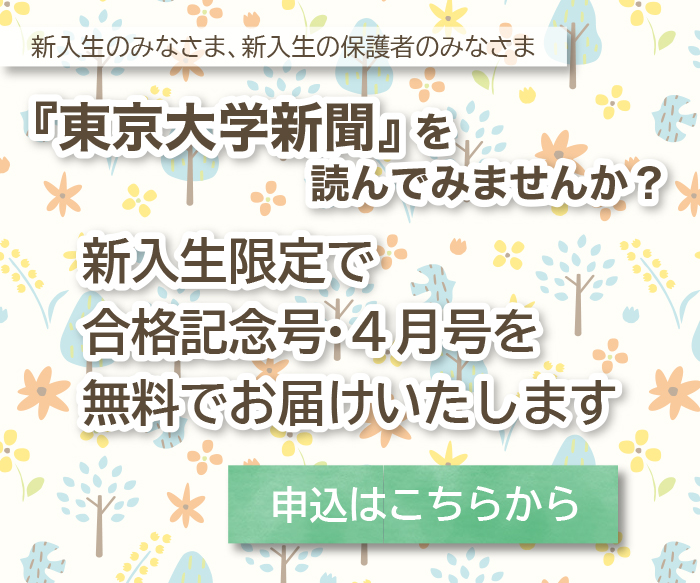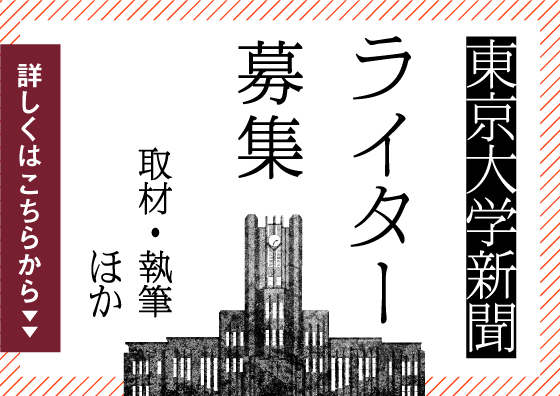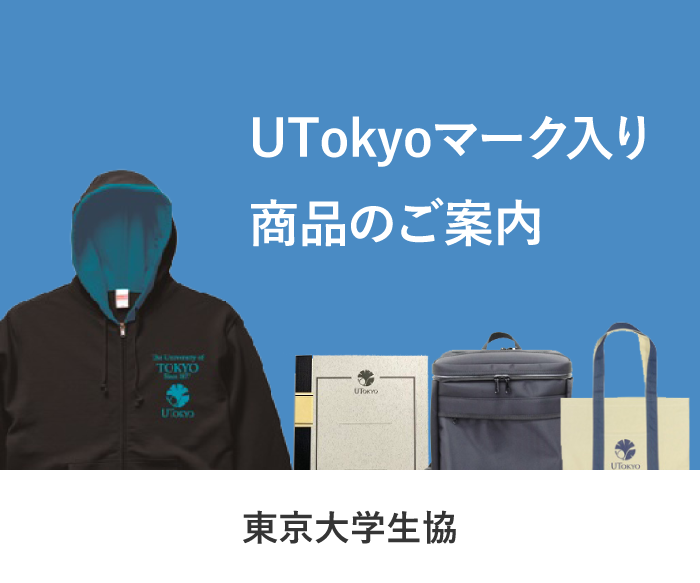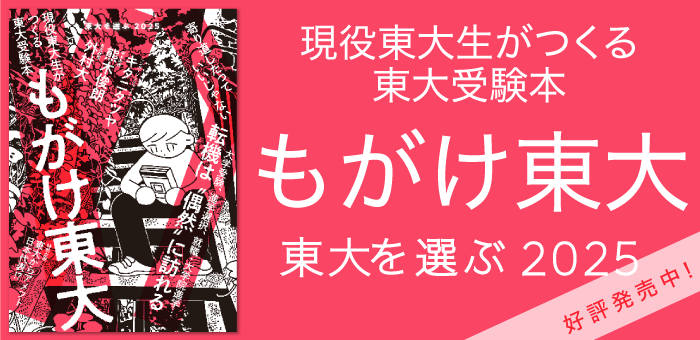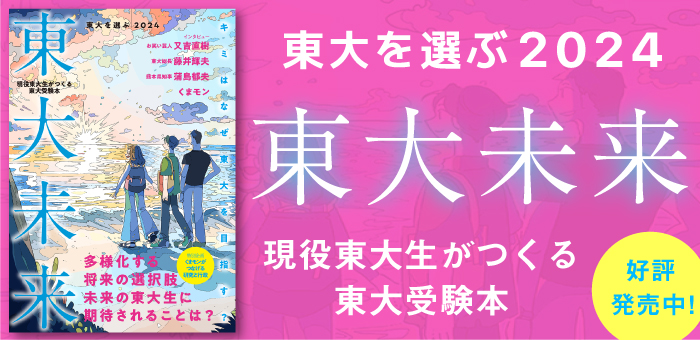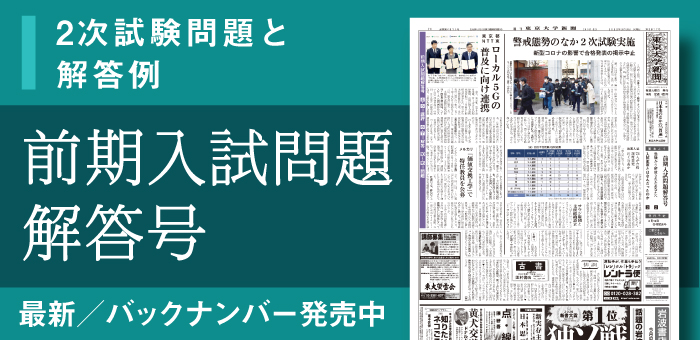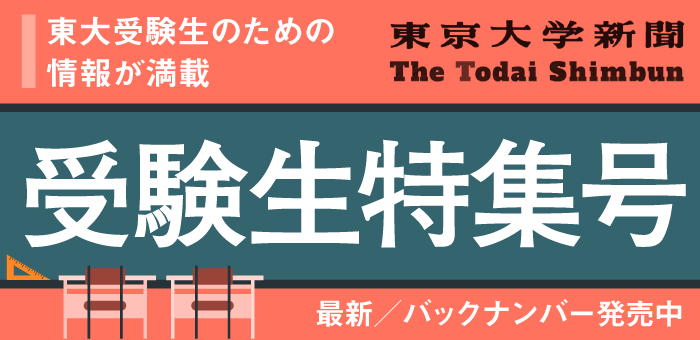The pandemic still does not seem to cease in Japan. Even with such a difficult situation, many students come to Japan to study from various countries. In this series, we interviewed three international students in the University of Tokyo, and asked them what they have experienced.
(click here to read part 1)
The second student we interviewed is, Mr. Thomas Kruse, from the United States of America. He belongs to the Graduate School of Agricultural and Life Sciences.
(Interviewed and written by Aayush Tewary and Motoki Yumiya)
━━Thank you Mr. Thomas for taking out time for Todai Shimbun. Starting from your country of origin, can you tell our readers what you like about your own country?
I think the USA has a strong environment of diversity, freedom, and individuality. After coming to Japan, I started appreciating the diversity of my country all the more, as Japan is mostly culturally homogeneous.
━━Can you please elaborate on your field of research in Todai?
I am enrolled in the Graduate School of Agricultural and Life Sciences, in the International Program of Agricultural Development Studies (IPADS). The program has an interdisciplinary focus ranging from traditional methods of agriculture, forestry, and fisheries and also data science, AI, economics, etc. My lab is the Laboratory of Sustainable Agriculture led by Professor Kae Miyazawa. My research is focused on the concept of “carbon farming,” and I am studying how wood mulch amendments affect the soil ecosystem of filamentous fungi and microfauna.
━━Why did you decide to study abroad, why did you choose Japan, and What made you choose the University of Tokyo?
The last one is easy (laughs) because I was accepted here. The first half of my answer would be a longer story. Hope you have patience (laughs)
━━We have all the time for you. Please go on.
I was already in Japan before joining Todai. My past six years were spent working in Asia, out of which 4 were in Japan. I originally came to Japan because I ran a business importing vintage designer fashion from Tokyo-based furugiya and wanted to see the fashion landscape in person. My previous career working at an agritech unicorn provided me with experience managing international teams and overseeing production and operation strategy but I wanted to take the next step. So, while working I applied to the University of Tokyo. When I was accepted, I believed that this is the sign to move on to explore new horizons. One more reason for choosing the University of Tokyo is that despite it being a world-class research institution, the tuition is incredibly affordable compared to programs back in the USA.
━━Are you on a scholarship here?
I am self-funded but the reasonable tuition fees make me feel as if I am on a scholarship.
━━Do you have any suggestions for our readers for applying to internationally reputed Universities?
The most important aspect besides your CV and academic/work experience is to build a connection with your potential research department. I had a strong academic and professional background with some kind of recommendation letters written by my Vanderbilt professors. I think what made the difference is that I was in regular contact with my head of the program and my potential supervisor at U Tokyo. I wrote an additional essay explaining how my work experience in the agricultural technology sector could apply to my studies. This also applies while applying to the universities in the USA. Find the supervisor’s email or LinkedIn and reach out to build a connection and learn about how you and the program would make a good fit.
━━Was there any change in perception when you arrived in Japan and also about Todai from what you had imagined it to be?
Japan has a unique cultural landscape based on technology and tradition. When I started learning more of the Japanese language and met more people here, it became easier to really understand what is going on and appreciate the cool and quirky aspects of the country.
In Todai, I was hoping for more integration of English-language programs with Japanese programs – this is one aspect that is lacking in my view. The global perspective that Todai is working towards can even be pushed further with mutual benefit for everyone.
━━Before coming to Todai was there something that worried you?
My biggest concern was to adapt to a new lifestyle as a graduate student from being a working professional. I had to give up my salary and managerial position and start from scratch. But once I started the Master’s program, I encountered many brilliant people who challenged me to improve my level of thinking and work output. Any fears that I had related to taking a break from the private sector to pursue higher education turned out to be unfounded. The other fear I harbored was that there would not be enough lectures in English and that the atmosphere would be unwelcoming to foreign students at the university. All my fears were put to rest once I joined Todai and am happy with my decision.
━━Can you tell our readers what changes you experienced in yourself while studying in Todai?
Todai gave me an environment where I interacted with smart people from various academic disciplines and professional backgrounds. I have learned how to stretch myself and push beyond my previous limitations and never settle for the bare minimum. I am proud to have opted for many elective lectures that were beyond the sphere of agriculture including the departments of public policy and law. There have been times when I have felt very stressed with projects and presentation deadlines, but that has made me efficient with my time and resources and more productive. Operating on this level has helped greatly in my confidence.
━━You mentioned stress so can you tell our readers how you manage your stress while studying here?
The foundation to stress management and productivity for me is to stay active – I practice yoga or exercise almost every day. Physical fitness has made me grow academically and professionally.
Whenever I am stressed or anxious, I resort to breathing techniques to recenter myself – it’s also important to remember that often at school or work even the worst-case scenario is not going to be as bad as we imagine.
━━What do you like and don’t like about Todai?
I love the architecture and landscaping on campus – the contrast of the early 1900s neo-gothic, red-brick architecture with the over-the-top modern structures gives the campus a strong sense of place and history. The main library is a great place to study and read, especially with all the magazines and newspapers they have in stock.
I like the cafeteria but I wish they change the menu more often and have more variety. Also, even though most buildings have imposing facades, the interiors of classrooms could use some renovations.
━━Which is your favorite place at Todai?
The Sanshiro pond and the Gym. One of the coolest places is the Koishikawa botanical garden and arboretum, and I recommend every student to go there.
━━What are you planning to do after graduating from Todai?
One thing is sure, I will be keeping Japan as my second home for my lifetime. I like exploring nature and Japan has wonderful opportunities to enjoy the outdoors. Professionally I would like to work in an international organization that has a global footprint in the field of sustainable development, food security, and ESG in order to strengthen the connection between the US and Japan.
━━Has your definition of success changed after staying here in Japan as an ex-pat?
While growing up in my neighborhood I was surrounded by many CEOs, entrepreneurs, and world-class athletes. Moving here made me realize that success is not measured only in financial terms. This led me to learn more about religion and spirituality to understand what the purpose of my life should be. Although it is difficult to achieve, I think it is important to find a balance between spiritual and materialistic pursuits in life. My definition of success is based on both and involves impactful self-actualization for the benefit of your community and world.
━━Can you describe your typical daily schedule?
My daily schedule is different every day. But I keep a calendar and follow my schedules and to-do list. I try to keep some time in the evening to meet friends. I also keep some time aside every week for Yoga and exercise.
━━Do you also pursue any extracurricular activities besides academics?
I love traveling and have relished traveling around Japan. I go snowboarding and skiing during winters and freediving or surfing during the summer. In America, I was a competitive Tennis player and often went fishing and hunting, but haven’t pursued these as much in Japan.
━━Do you feel homesick?
Yes, it’s been three years since I met my family in person and I hope to go back this summer. My sister has graduated from college and entered graduate school since I left, and I would like to meet her soon to celebrate her accomplishments. On the bright side, I am fortunate to meet many welcoming people here in Todai and I feel blessed to be “home full,” having a supportive community both in Texas and Tokyo.
━━Any one suggestion you would like to give to students?
The best advice I have is not to be afraid of making mistakes. Success comes through failure, and failing many times is the best way to find success. It’s also important to avoid expecting perfection and to understand the value of the 80/20 rule. That 80 percent of outputs is dependent on 20 percent of inputs. I also think students should explore new things and take courses outside of their comfort zone while they are in graduate school. It is more challenging to enjoy such intellectual freedom once you get into a career. Most importantly, be loving, kind, and empathetic towards yourself and others.
━━Thank you Mr. Thomas for your time and contribution to Todai Shimbun.
Thank you. I enjoyed the talk.

